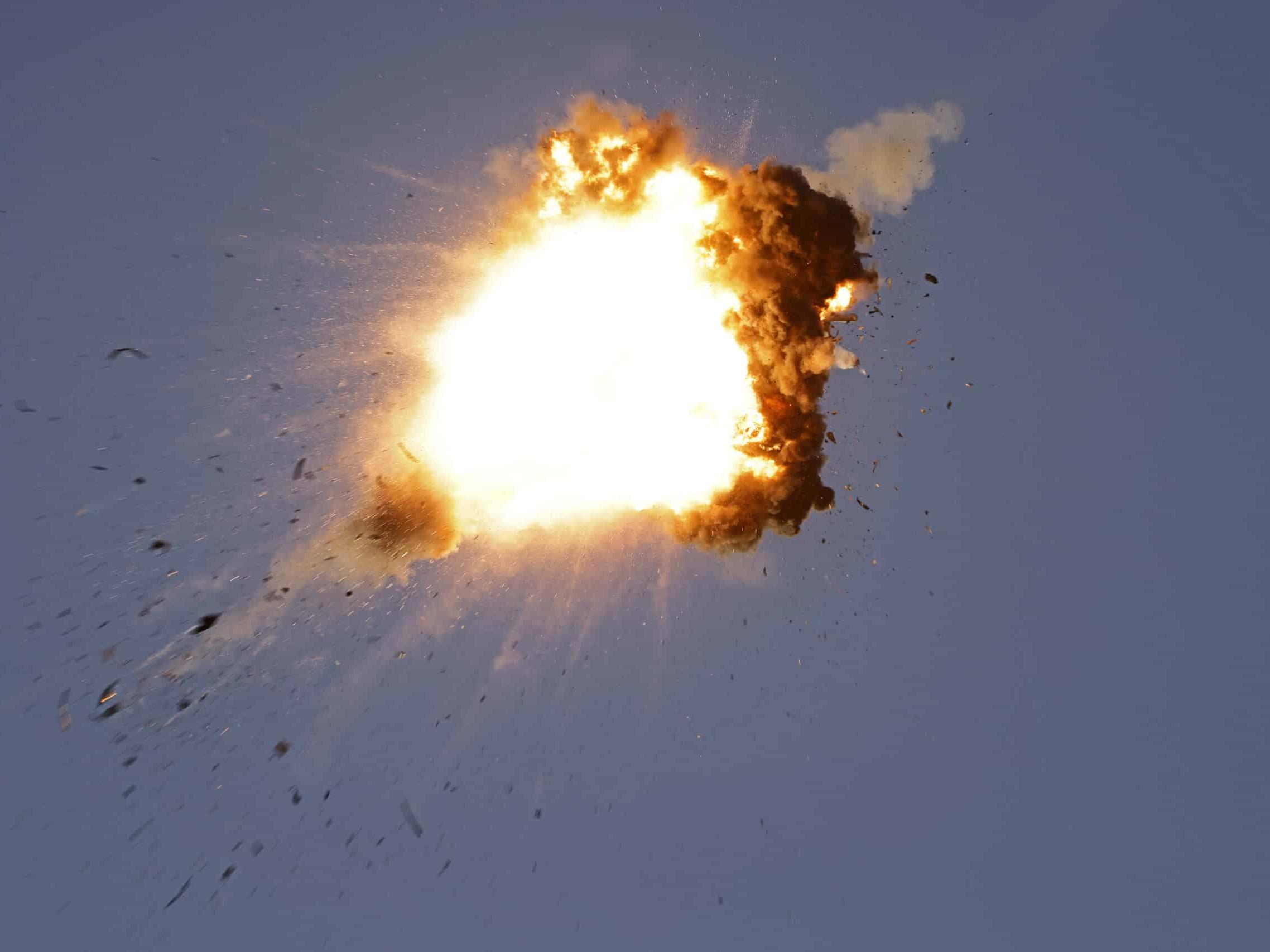The recent escalation between Hezbollah and Israel, triggered by ‘Operation Day 40’ on August 25, 2024, appears to be cooling down as both sides signal a desire to avoid further conflict. Hezbollah’s attack, involving over 300 rockets and drones, was carefully calibrated to avoid targeting major cities or critical infrastructure. The operation was a retaliation for the assassination of Hezbollah’s senior military commander, Fuad Shukr.Israel claims to have thwarted most of the attack through preemptive strikes, reportedly destroying thousands of Hezbollah’s rocket launchers. Israeli authorities expressed satisfaction with their response, with government spokesperson David Mencer stating that Hezbollah had suffered a ‘crushing blow’. However, Hezbollah leader Hassan Nasrallah maintained that the operation was successful, claiming some projectiles reached their targets.Despite the exchange of fire, both parties seem to be stepping back from the brink of all-out war. Sheikh Hassan Nasrallah stated, ‘We reserve our right to continue the response at a later point, but for now, the people can be at ease and carry on with their lives’. Diplomats have confirmed that both sides have exchanged messages indicating they do not want further escalation.However, the situation remains tense. Israel has declared a state of emergency, giving the military power to limit gatherings and close places as necessary. The Israeli Defense Minister, Yoav Gallant, acknowledged that the current situation is ‘not sustainable,’ referring to the tens of thousands of people evacuated from their homes in northern Israel.The international community is closely watching these developments. The United States has expressed ‘unwavering support’ for Israel but did not participate in the airstrikes. Meanwhile, Iran has claimed that the attack demonstrates Israel has lost its deterrent power, suggesting a shift in the strategic balance of the region.As the dust settles, analysts suggest that this limited exchange might actually pave the way for progress in ongoing ceasefire negotiations regarding Gaza. However, the situation remains volatile, with both Hezbollah and Israel reserving the right to further action if deemed necessary.
Key points
- Hezbollah launched a large-scale attack on Israel in retaliation for the assassination of commander Fuad Shukr.
- Israel claims to have thwarted most of the attack through preemptive strikes.
- Both sides appear to be stepping back from further escalation, signaling a desire to avoid all-out war.
- The situation remains tense, with Israel declaring a state of emergency and both sides reserving the right to further action.
Contradictions👾Hezbollah claims success in their operation, while Israel maintains they thwarted most of the attack.
👾Some sources suggest the attack might lead to progress in Gaza ceasefire negotiations, while others warn of potential for wider regional conflict.



